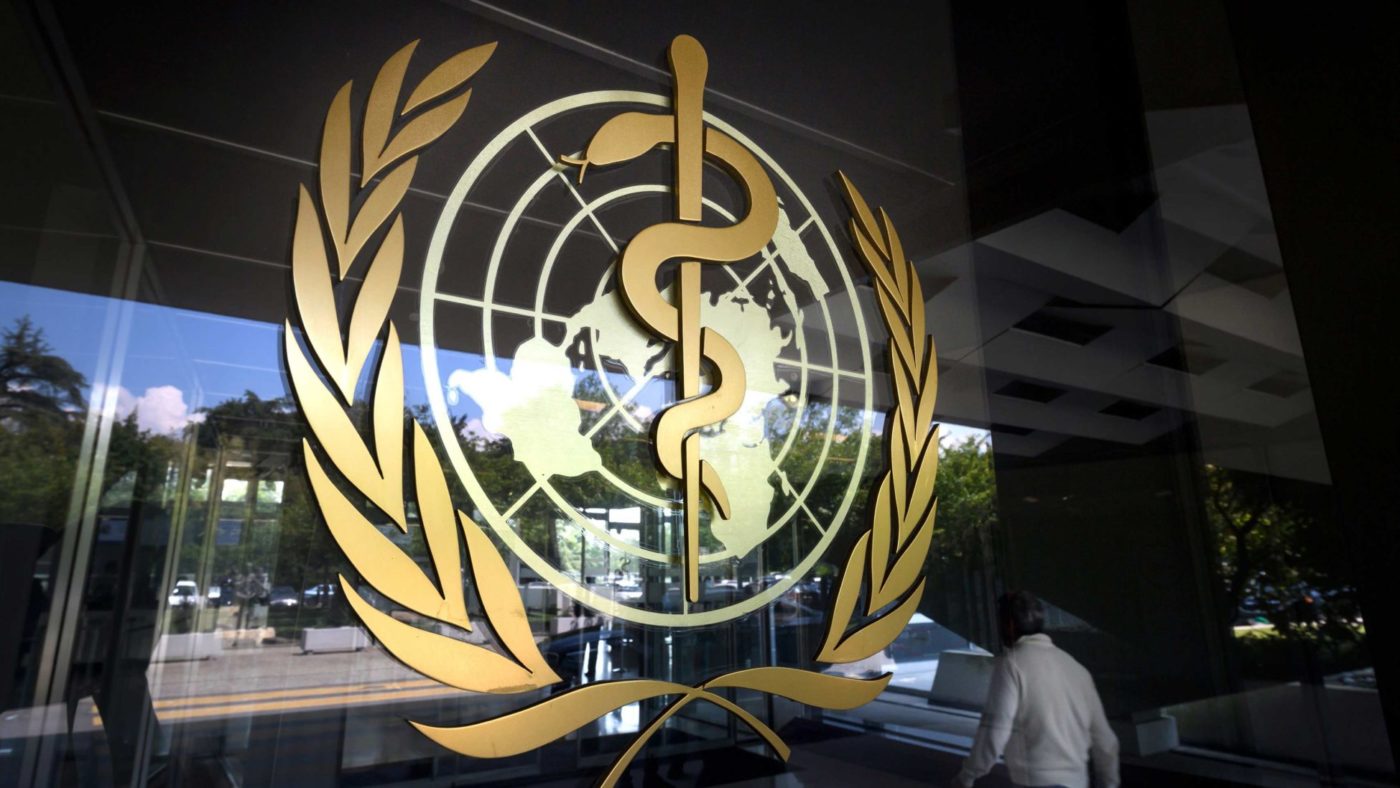Expensive hotels, beach resorts, and staggering travel costs: the UN’s World Health Organization (WHO) would have some tough questions to answer, if only the countries that funded it would ask them.
Unfortunately, the United Kingdom happily continues to spend taxpayers’ money on providing health experts with a luxurious jetsetting lifestyle.
The WHO’s travel expenses for one year are £156 million, which means that, on average, a single staffer racks up a total of $21,700 per year. By way of comparison, that is the equivalent of annual GDP per capita in Spain. They were likely inspired by Erik Solheim, executive director of UN Environment, who was found in an investigation to be travelling for 529 out of the 668 days audited, at a total cost of £370,380.
Last March, the Associated Press reported that the WHO spent more for the travel of 7,000 staffers than it did for countering malaria, tuberculosis, fighting AIDS and hepatitis, and on tackling mental health and substance abuse. Even more galling is the fact that, against this backdrop, the agency is demanding its budget be increased as it doesn’t seem to have enough money to fulfil its healthcare-providing role.
So how well is the WHO doing in its main role? The answer is mediocre, at best.
As the Ebola crisis was ravaging a number of African countries in 2014, we put our trust into a number of international organisations to assist West African countries such as Liberia, Sierra Leone, Guinea or Nigeria to contain the spread of the virus and aid those who were unable to receive medical care.
The WHO was one of them. According to its own website the “WHO aims to prevent Ebola outbreaks by maintaining surveillance for Ebola virus disease and supporting at-risk countries to developed preparedness plans.”
Experts in the field, however, beg to differ. As Reuters reported in 2015, a specialist panel convened by Harvard’s Global Health Institute (HGHI) and the London School of Hygiene & Tropical Medicine (LSHTM) concluded that immense human suffering went “largely unchecked” by institutional responders.
It turned out that WHO officials were aware of the outbreak in spring, yet it took until August to declare it a public health emergency and take action. This is months after the broader public was already aware of the problems with the epidemic.
Where the WHO excels is in ticking people off over their lifestyle. Be it drinking alcohol, smoking cigarettes, playing video games or eating fatty foods, for each and every one of your behaviours there is a business-class flying bureaucrat who has an opinion on it.
For that purpose, these experts need to be accommodated well. For instance, at the Coral Strand hotel in the Seychelles, which hosted international tobacco control experts from South Africa, Mauritius, Kenya, Uganda and Liberia in order to learn about the Seychelles’ “comprehensive tobacco control laws” which, as the islands’ government admits, are only “in the process of being enforced”.
At around $300 per night, the hotel offers nice rooms, including offsite water sports, badminton lawns, and an ocean deck bar for thirsty health experts to learn “best practice” about policies that do not even exist.
Then there’s the luxurious Mandarin Oriental du Rhone, the five-star hotel hosting the WHO’s bureaucrats for their “Framework Convention on Tobacco Control” in Geneva. With suites at a mere £800 a night, British taxpayers can rest assured that no expense has been spared to promote the WHO’s paternalistic agenda. But delegates should be on the lookout: the £25 breakfast buffet might actually contain food that should be taxed, regulated or banned. Hopefully the health officials manage to survive in this dangerous environment.
The bottom-line isn’t complicated: you can fight Ebola in an economy class seat, lodging in a low-cost hotel. While the WHO throws fancy parties for paternalistic bureaucrats, organisations such as Doctor Without Borders do actual, helpful work on the ground. The United Kingdom should do the right thing and demand far greater efficiency from the WHO, or withdraw its funding.


